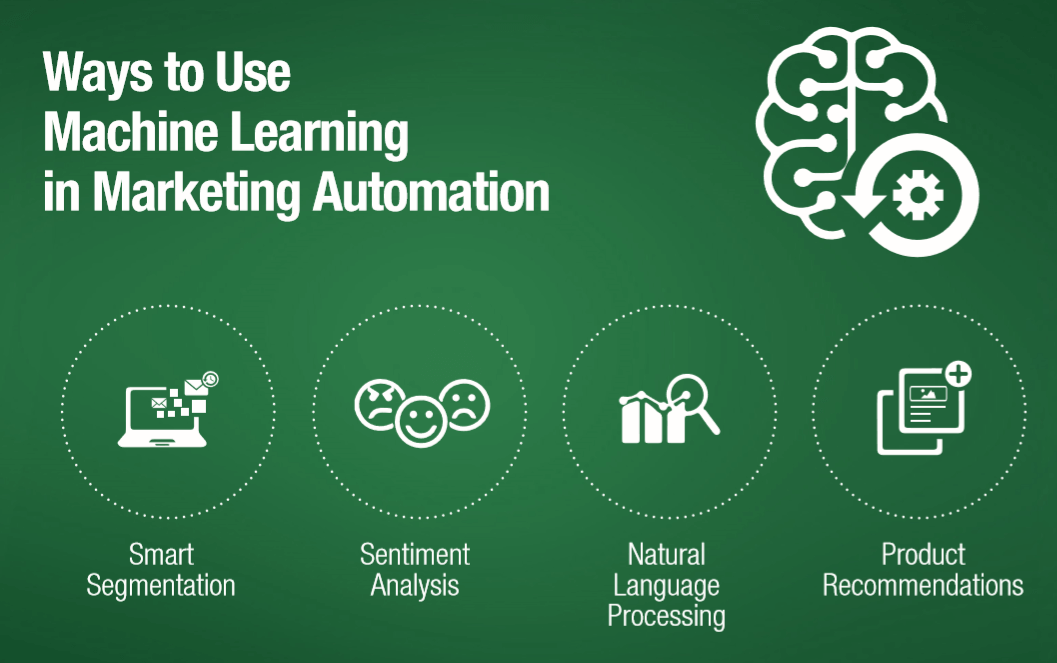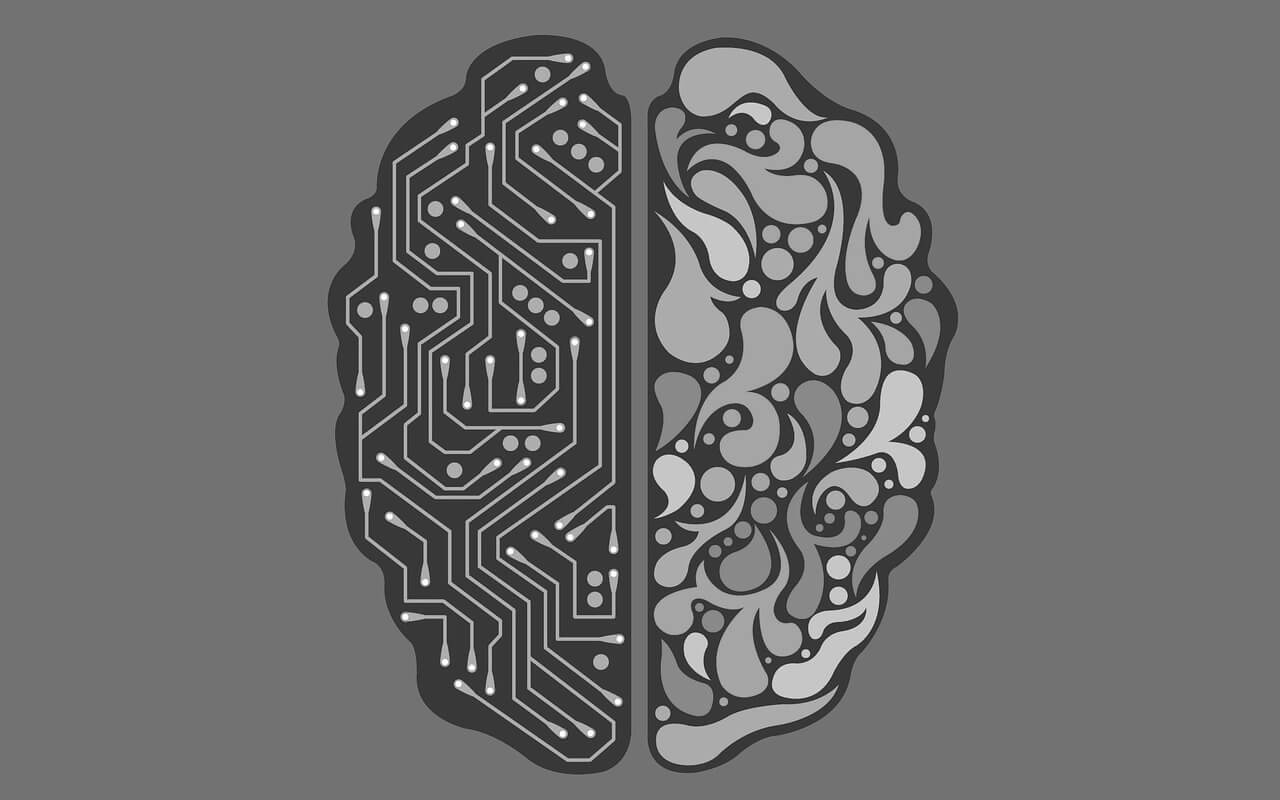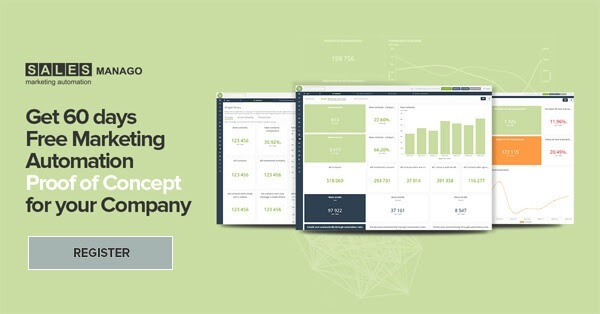Is Artificial Intelligence the future of marketing? Nowadays is a statement repeated over and over by almost everyone in the industry. But isn’t it more adequate to say that AI is already the present of marketing?
AI taking over the marketing industry
The recent MSL Group Powered by AI report states that managers in PR, advertising and marketing departments worldwide are becoming AI evangelists and pioneers in their organizations. More than 1800 marketing and communication leaders in leading companies and brands already introduce AI in their work and strategies with confidence and skillfulness. They declared being savvy in this field and having a thorough knowledge of the technology, much of it self-taught, without receiving a formal training covered by the employer. It means that marketing and communications experts are becoming true AI visionaries, leading their companies into the new era of technology:
Many are what psychologists refer to as “right-brain” creative types. They can be visionaries, see the big picture and imagine the many applications of AI to business. This makes them an ideal partner to the IT department led by the Chief Information Officer that manages company plans around the AI technology and develops the applications. The logical and methodical left-brain IT leaders need the right-brain communicators as well. The result can be the ideal marriage of imaginative ideas to technical knowhow, setting up a sweet spot for success in AI adoption.
Guillaume Herbette
Global CEO, MSL
Do you want to join this growing group of marketing experts embracing state-of-the-art AI technologies? We’ll show you how to do it in a simple yet powerful manner with help of a marketing automation platform.
How AI is changing marketing automation
Marketing Automation is a powerful tool that is profoundly changing marketers’ work. Advanced features such as workflow and automation rules, along with more traditional email marketing solutions, allow to automate complex marketing campaigns, as well as personalize and trigger them depending on the recipient’s activity and data.
However, a serious challenge here is the amount of data that has to be analyzed in order to personalize communication fully and ensure that customers receive relevant and efficient messages. The traditional marketing automation solutions depend on pre-programmed instructions and actions set up by specialists operating the platform. In more complex scenarios, it can be time-consuming and require a team of skilled specialists.
Marketing Automation based on AI & Machine Learning is a completely new approach and a real solution to challenges related with the abundance of data and the need of its constant analysis in order to improve communication.
Marketing Automation getting better with Machine Learning
Machine Learning is a branch of Artificial Intelligence. The main characteristics of Machine Learning is its ability to self-learn constantly and improve its performance on the basis of experience and a continuous data gathering and analysis.
Machine Learning applied in Marketing Automation can analyze incomparably more data than even the most numerous team of analysts. These limitations are particularly visible when compared with Machine Learning in the following cases:
- unique customer behaviour
- number of possible customer segments
- price sensitivity
- unique customer preferences
- advanced personalization
- identification of uncommon actions leading to conversions
- analysis of correlations between multiple variables in the same time
- real-time process adjustment to changes in customer behaviour
Obviously, algorithms can perform in these fields much better than humans, which in marketing means a significant improvement in terms of making the communication more efficient and valuable.
Ways to use Machine Learning in Marketing Automation

Machine Learning can be used to streamline and enforce the most popular marketing automation features like segmentation or recommendations. Let’s see how Machine Learning is enhancing marketing in the following four fields:
- Smart segmentation, i.e. dividing a database into groups. The most common segmentation type is organizing customers into segments according to their gender, location, preferences, etc., but it can also mean classifying products (let’s say, all products with floral pattern) or users depending on their transactional history (clients who have bought a product from the same category). This is how you can improve your marketing by planning mailings to specific segments and be sure that all the users included will be interested in them. Thanks to Machine Learning, it is also possible to analyze images on your website and group products that are similar, what can be therefore very useful in product recommendations – for instance, to a customer who viewed red shoes, you can recommend other footwear in a similar color.
- Sentiment Analysis is a process of analyzing text opinions in order to determine the author’s attitude towards a particular topic, product or service – positive, negative or neutral. Then this information can be used in marketing actions such as discounts. It’s possible to introduce dynamic pricing by replacing manual discount decisions with discounts calculated by AI engine based on a probability of purchase, maximizing income across all customers.
- Natural language processing. It’s basically programming computers to process large amounts of human (natural) language data fruitfully, which using speech or text makes an interaction between computers and users possible. This technology is widely used in chatbots – online programs whose main purpose is to enable a conversation between a program and a customer. Nowadays chatbots are proliferating and what’s more, they are being adopted on more and more websites and in apps (for instance, it’s possible to integrate them with Facebook Messenger), especially online stores, but are also appreciated in the B2B sector.
- Product recommendation is the most well-known AI use case in marketing. Product recommendations are also common in marketing solutions that don’t use AI, thanks to data gathered about customers (e.g. recently browsed products). Yet AI product recommendations are far superior to those solutions. In this case, recommendations can be prepared even for new and inactive customers since they can be based on information about similar users.
To sum up, there is no doubt that AI and Machine Learning will thoroughly transform marketing industry. It is something that is happening in front of our eyes thanks to marketing automation solutions and brave marketers that strive to adopt this complex technology in their work.
If you want to start using AI & Machine Learning in your company and join the group of leading global businesses and marketing experts that already make use of these cutting-edge technologies and achieve outstanding results, apply for a free SALESmanago Marketing Automation Proof of Concept today!



 Follow
Follow
















